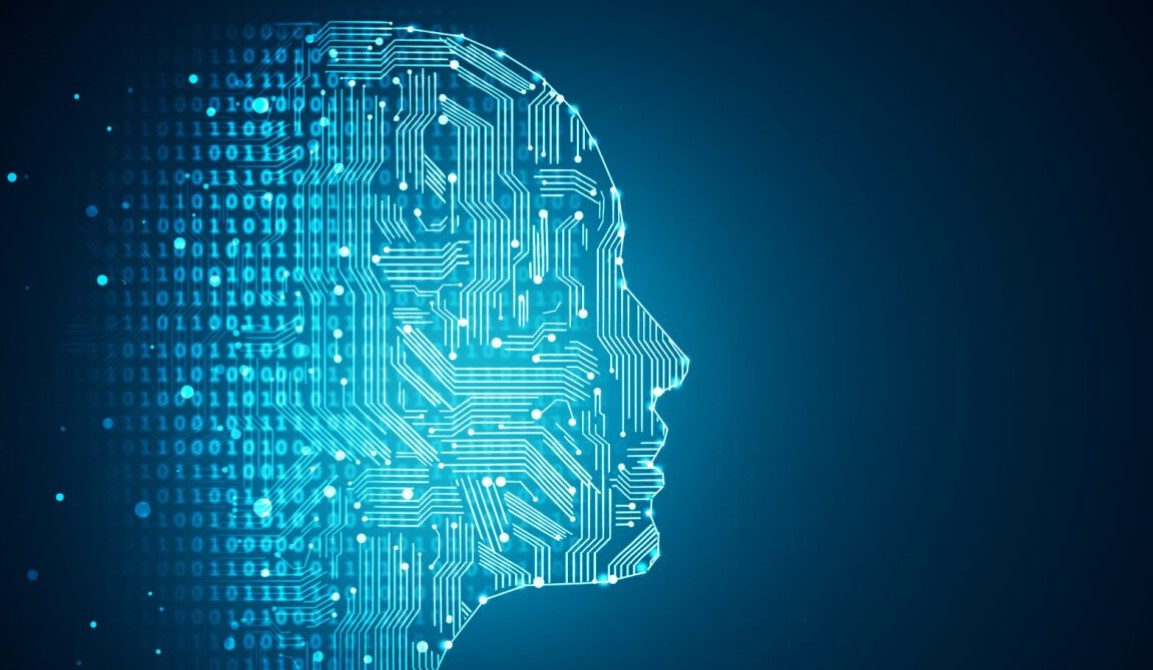Evidence of Generative AI Replacing Existing Digital Learning and Coaching Solutions
Chegg, an established American education technology (EdTech) company known for textbook rentals, online tutoring, and a variety of student services, was among the entities to feel the competition from generative AI. Their initial projection regarding generative AI tools, such as ChatGPT, was that these technologies would take a longer period to truly influence the market.
However, the release and subsequent popularity of GPT-4 among students, credited to its swift response time, efficiency, and affordability, led to a sales slowdown and a dramatic Chegg stock price decline of 48% in early May 2023.
As response to these trends, Chegg entered into a partnership with OpenAI in April 2023, leading to the development of CheggMate. This tool, which is still in its development phase, intends to amalgamate GPT-4’s generative AI capabilities with Chegg’s existing question database.
The goal for CheggMate is to enhance user experience by better aligning user queries with the most suitable resources.
Other EdTech vendors, including Duolingo, have unveiled new AI-driven features. Specifically, Duolingo introduced a role-play chat where users can learn a language by conversing with an AI. After these interactions, they receive feedback and suggestions to enhance their language-learning journey.
We have also witnessed the first examples of generative AI approaches in mentoring. CoachHub is a leading vendor of digital coaching solutions recently unveiled AIMY, a virtual AI-powered career coach rooted in OpenAI’s ChatGPT. AIMY is designed to let users try personalized coaching sessions without any human interactions and without the costs associated with traditional coaching. It emulates human to human coaching, is still in beta phase, and not yet able to manage too complex discussions.
Challenges to Overcome for Virtual Mentor Solutions
Adopting virtual mentor solutions for learning, onboarding, and coaching purposes is not without challenges. Here are a few key obstacles that organizations might encounter when introducing these new AI-driven solutions:
- Data privacy and security concerns. The first cases of data breaches related to the use of generative AI solutions by employees have already emerged, such as Samsung’s discovery of staff uploading a variety of sensitive information to ChatGPT. Future virtual mentor solutions will not feedback data to public generative AI systems, such as ChatGPT.
As shown in the figure above, virtual mentors will use a combination of user data, curated company data, curated industry or functionally specific data as well as publicly available data as training material. Such approaches will limit the risk of data breaches significantly.
However, adoption will require significant attention to security-related aspects, such as ensuring robust encryption, compliance with data protection regulations, etc.
- Implementation complexity and skills gap. Introducing virtual mentor solutions on top of existing data is likely to require specialist AI training skills, which might not be in possession of many organizations. In terms of the overview figure above, the company-specific layer presents the biggest challenges. This is because training material is limited (compared to the vast number of resources available on the public internet) and because training material must be curated, updated, deleted (in case of obsolete material), etc.
- Risk of hallucinations. AI-driven virtual mentors can produce “hallucinations” or inaccurate answers. In a mentoring context, this can lead to confusion or misguidance and ultimately a rejection of the mentor system as unreliable by the employees. The risk of hallucinations by the virtual mentor means that organizations will have to dedicate resources to quality assurance, ticketing system for incorrect or inappropriate answers, etc.
Implications for HCM and Payroll Vendors
Generative AI will have a major impact on the field of Human Capital Management solutions. There has been a significant initial focus on the impact of generative AI on recruiting, candidate marketing, and employee performance.
However, learning and onboarding will also see massive change as a result of generative AI.
A market for curation of Large Learning Models for various industries and functional areas will appear. This could open new revenue streams for the providers with strong existing domain knowledge.
As displayed on the table above, different learning delivery methods will have different sweet spots. Classroom-based learning and traditional e-learning formats will not disappear.
What will happen, however, is that a lot of the more general learning and onboarding tasks will transition to generative AI-based learning formats. Initially, the formats will evolve around chat-based interfaces, but over time other user experiences and communication formats will emerge.
Generative AI is an opportunity for vendors of learning and onboarding solutions. However, they will need to react fast in terms of evolving existing solutions and building in generative AI features and aspects.
Existing learning and onboarding vendors will come under pressure from new providers of virtual mentors and other related generative AI-based solutions. Generative AI is a twin edged sword for HCM vendors, a blessing for those who are willing revisit their existing offerings, but a curse for those that fail to respond.
